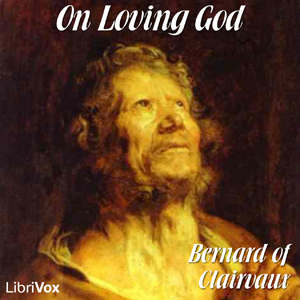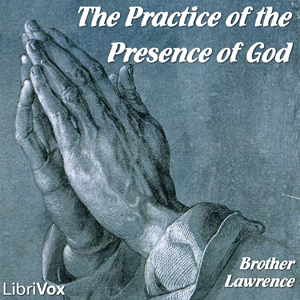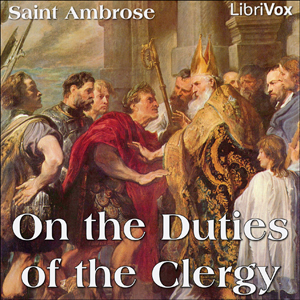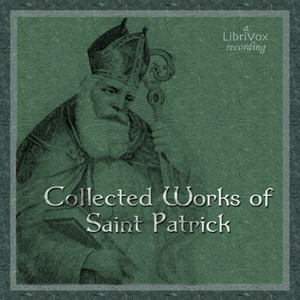- Preface
- Book 1 Chapters 1-5
- Book 1 Chapters 6-10
- Book 1 Chapters 11-15
- Book 1 Chapters 16-20
- Book 1 Chapters 21-25
- Book 2 Chapters 1-5
- Book 2 Chapters 6-10
- Book 2 Chapters 11-15
- Book 2 Chapters 16-18 (Part 1)
- Book 2 Chapters 18 (Part 2)-22
Begun in England “in great tribulation of heart,” finished in the serene atmosphere and restful solitude of Schiavi, it is unquestionably, from a literary point of view, Anselm’s masterpiece, and even at the present day can be read with pleasure by those least versed in the mysteries of Catholic theology.
Cur Deus Homo? such is its title; but its scope is not, as might be inferred, the determination of the final cause of the Incarnation. Anselm seeks in this treatise to vindicate its propriety if such an expression be allowable, as the economy of redemption. Was the Incarnation derogatory to the majesty of God? What was the nature of the obstacle which the Fall opposed to the Divine forgiveness? Could not that obstacle have been removed in some other way than by the Incarnation? How, as a matter of fact, was it removed by the life, suffering, death, and resurrection of the Incarnate God? Such are the questions with which Anselm deals, working the subject out dialectically in the shape of a dialogue between himself and his friend Boso, the latter playing the part of Advocatus Diaboli against the entire providential scheme. - Summary by James Macmullen Rigg (1855-1926)
Cur Deus Homo? such is its title; but its scope is not, as might be inferred, the determination of the final cause of the Incarnation. Anselm seeks in this treatise to vindicate its propriety if such an expression be allowable, as the economy of redemption. Was the Incarnation derogatory to the majesty of God? What was the nature of the obstacle which the Fall opposed to the Divine forgiveness? Could not that obstacle have been removed in some other way than by the Incarnation? How, as a matter of fact, was it removed by the life, suffering, death, and resurrection of the Incarnate God? Such are the questions with which Anselm deals, working the subject out dialectically in the shape of a dialogue between himself and his friend Boso, the latter playing the part of Advocatus Diaboli against the entire providential scheme. - Summary by James Macmullen Rigg (1855-1926)
There are no reviews for this eBook.
There are no comments for this eBook.
You must log in to post a comment.
Log in











